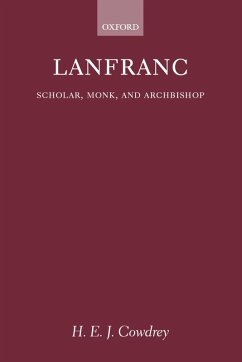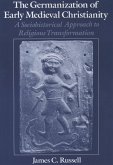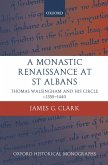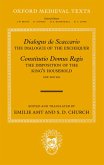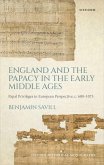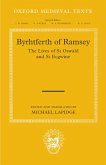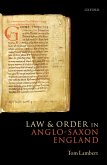Lanfranc of Pavia was archbishop of Canterbury from 1070 to 1089, and so for nineteen critical years in the history of the Anglo-Norman church and kingdom after the Norman conquest of 1066. He came to Canterbury with long experience of intellectual and ecclesiastical currents, including reforming currents, in mid-eleventh-century western Europe. At first concerned with the liberal arts, after migrating to Normandy he turned to sacred study; he commented upon the Pauline Epistles and engaged Berengar of Tours in eucharistic controversy. He became prominent in the fourishing monastic life of Normandy at Bec and as abbot of Duke William's foundation of Saint-Etienne at Caen. At Canterbury, he was King William's loyal and effective collaborator in renewing and reordering church life, using councils as a principal means. By no means a 'court-prelate', Lanfranc may be best characterized as a monk-archbishop, a role in which he was reinforced by being ex-officio abbot of a cathedral monastery at Canterbury. Canterbury's prestige and interests were a major concern; Lanfranc claimed for the see a primacy over the whole British Isles. Towards the great pope of his day, Gregory VII (1073-85), he was surprisingly cool. This is the first full scholarly study of Lanfranc for thirty years. It reconsiders his career and outstanding achievements in all major aspects, focusing on his qualities of wisdom, diligence, and statesmanship. It is an intelligent and considered historical biography which brings Lanfranc out from the shadow of his successor, St Anselm, and reveals him as among the very greatest of the archbishops of Canterbury.
Dieser Download kann aus rechtlichen Gründen nur mit Rechnungsadresse in A, B, BG, CY, CZ, D, DK, EW, E, FIN, F, GR, HR, H, IRL, I, LT, L, LR, M, NL, PL, P, R, S, SLO, SK ausgeliefert werden.

